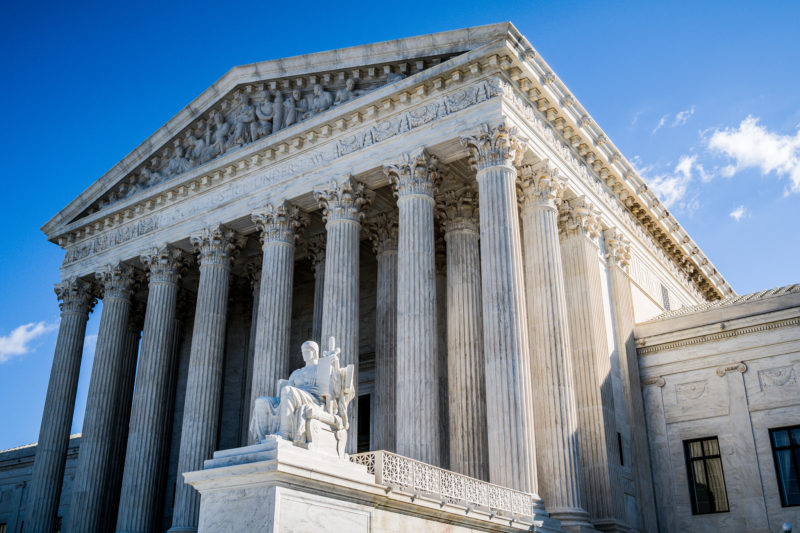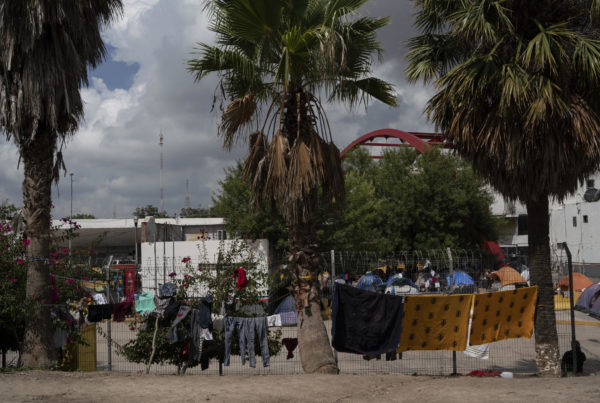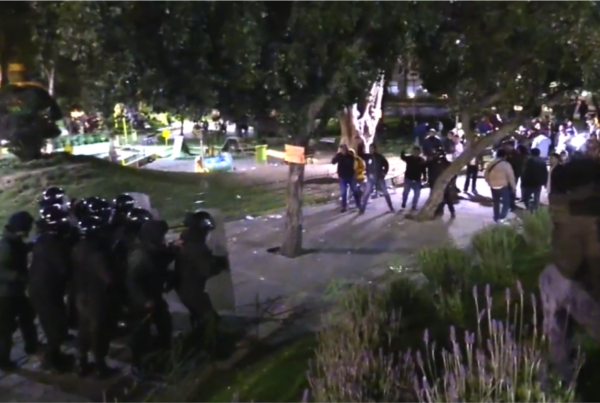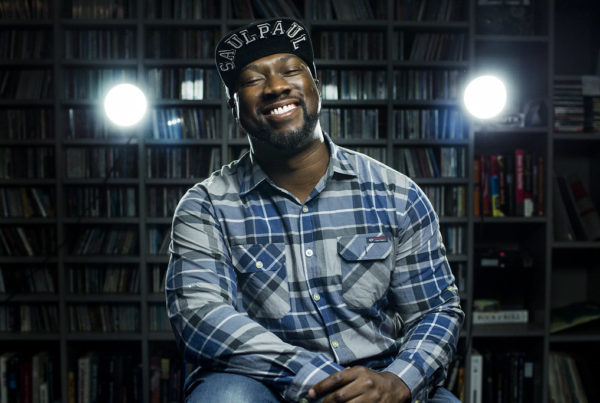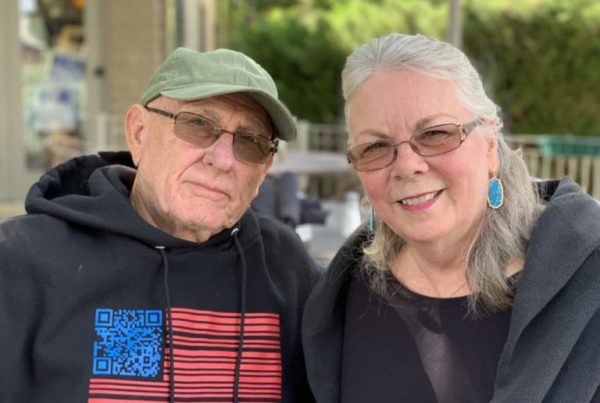Before he was president, candidate Donald Trump made immigration the centerpiece of his campaign. In office, he issued an order that sought to do away with the Obama-era program that provided some 700,000 undocumented immigrants who had been brought to the U.S. as children. Because of lower-court rulings that upheld it, Deferred Action for Childhood Arrivals, or DACA, remains in efect, even after concerted efforts by the president to abolish it.
Three cases challenging the president’s order to end DACA have been consolidated, and oral arguments will be heard Tuesday at the Supreme Court.
The court won’t be deciding on whether DACA, as created by an Obama administration executive order, is legal. Instead, it will consider whether the Trump administration’s efforts to dismantle DACA are legal. That question has two parts: can courts rule on the administration’s action, and if they can, was the action to end DACA legal?
Geoffrey Hoffman is the director of the Immigration Clinic at the University of Houston. He says plaintiffs in the DACA case argue the administration violated the Administrative Procedure act, or APA, when it ordered an end to DACA. The APA creates processes and guidelines that govern changes to rules by the administrative agencies of the federal government.
A ruling from the court will probably come early next summer, as the 2020 presidential campaign enters a critical phase. And stakes are high for Trump and for those who disagree with his immigration stands.
“Obviously, this will have some impact on the political process,” Hoffman says.
Trump’s immigration stance has been key to maintaining support among those who believe too many migrants have been allowed to remain in the U.s.
“It should be mentioned that the Trump administration, and Trump himself, said that he would protect ‘dreamers’ – that he would protect DACA recipients,” Hoffman says. “So there’s been a little bit of a mixed message on this.”
Hoffman says the Supreme Court is likely to find that rescinding DACA is a violation of the APA. That would result in the case being returned to lower courts for further litigation.
“I think the case will proceed past Election Day, and I think that we will not see the end of it for many, many months, if not years,” Hoffman says.
Written by Shelly Brisbin.


